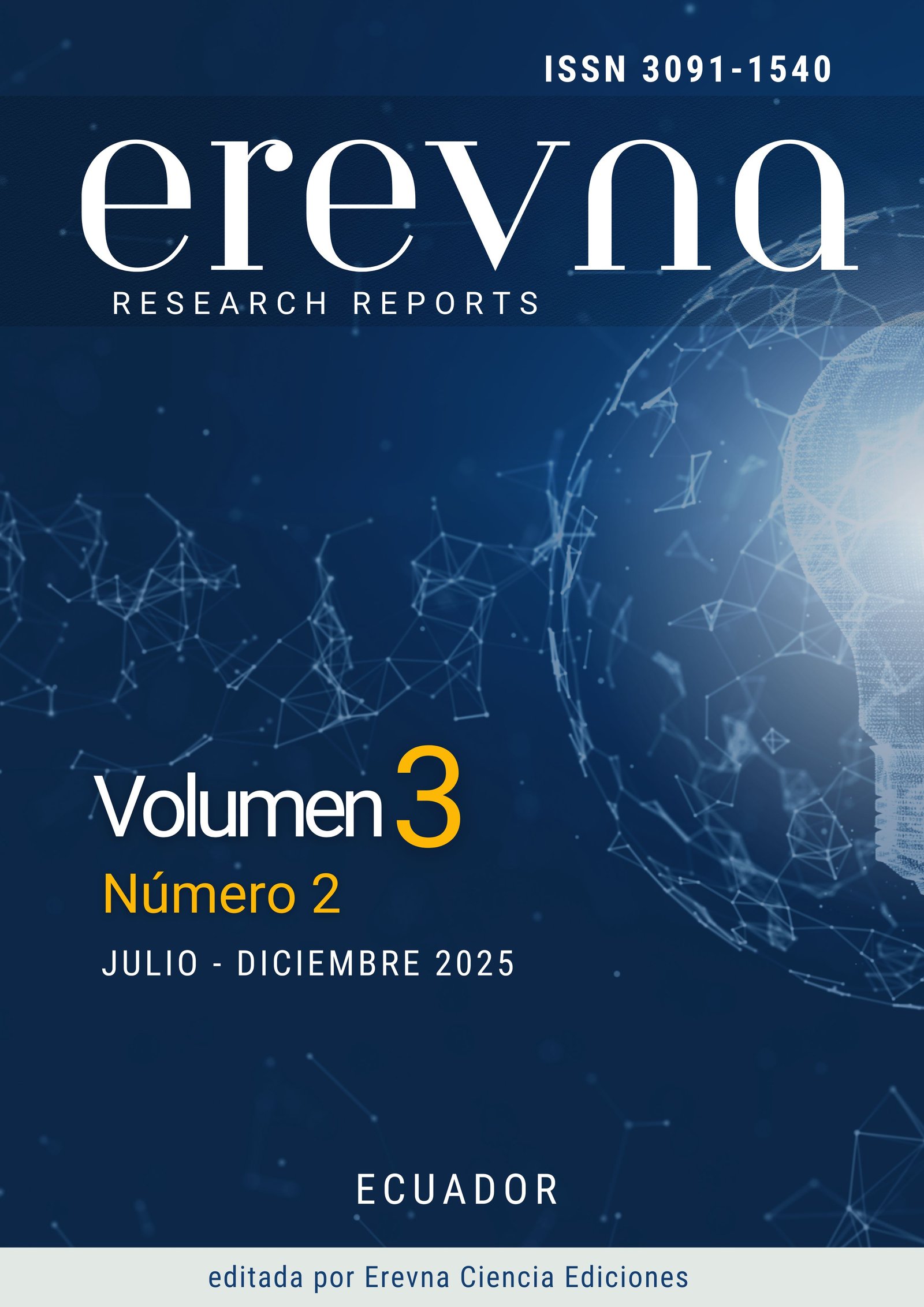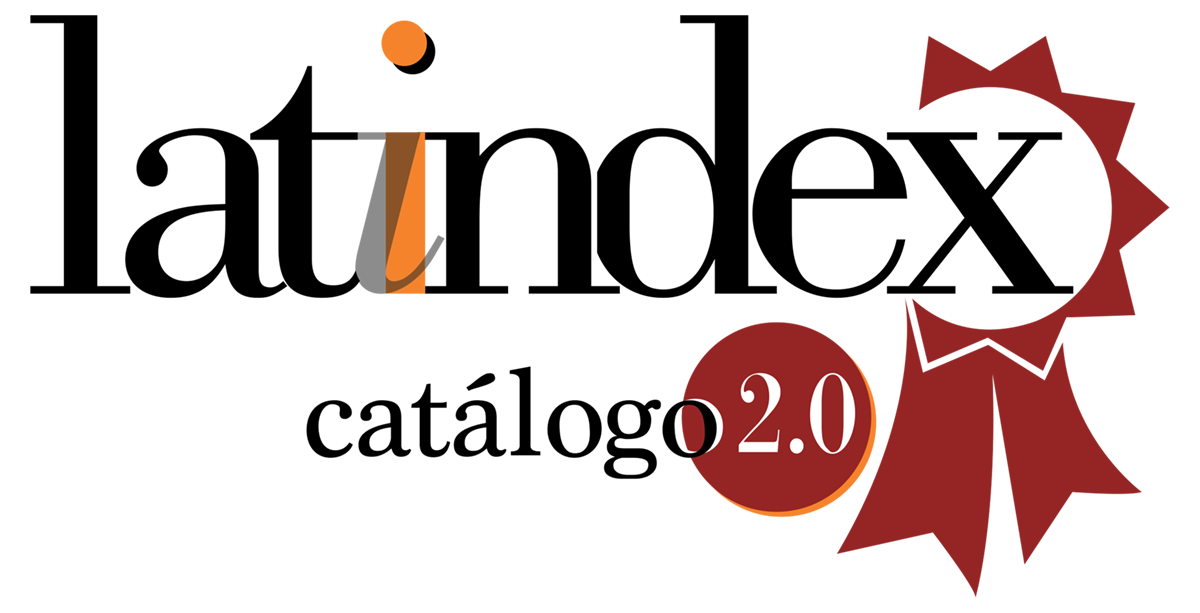Sustainability of the Ecuadorian Cocoa Export Value Chain: Stakeholders’ Perceptions
DOI:
https://doi.org/10.70171/4fmwh293Keywords:
value chain, sustainability concept, cocoa certificationAbstract
Justification: the competitiveness of Ecuadorian cocoa in international markets largely depends on the incorporation of sustainability criteria throughout the value chain. However, its implementation faces a series of challenges that hinder its full application. Objective: to analyze the perceptions of actors involved in the Ecuadorian cocoa export value chain regarding sustainability. Methodology: a qualitative approach was used, based on unstructured interviews conducted with producers, exporters, and experts in the cocoa sector. The responses were examined using content analysis techniques. Results: producers expressed commitment to sustainable practices, although they face limitations due to climatic factors, lack of government support, and limited access to international markets. They value improvements in cocoa quality and buyer recognition as key benefits. Exporters emphasized the importance of rigorous processes and certifications such as Rainforest Alliance or Fair Trade, though they noted that price still outweighs sustainability in purchasing decisions. They also identified challenges such as high certification costs and international competition. Experts highlighted the strategic value of sustainability for accessing demanding markets, improving competitiveness, and incorporating advanced technologies. Conclusion: there is a clear need to integrate the various perspectives in order to develop strategies that are better aligned with the specific conditions of the sector.
Downloads
References
Amores, F. (2024). History, Origin, Cultivars, and Cacao Research in Ecuador. In Sustainable Cacao Cultivation in Latin America (pp. 16-32). Routledge.
Camilleri, M. A. (2015). Valuing stakeholder engagement and sustainability reporting. Corporate Reputation Review, 18, 210-222. https://doi.org/10.1057/crr.2015.9
Davis, K. F., Downs, S., & Gephart, J. A. (2021). Towards food supply chain resilience to environmental shocks. Nature Food, 2(1), 54-65. https://doi.org/10.1038/s43016-020-00196-3
Giler-Sánchez, M. S., Adela Connie Alcívar-Chávez, A. C., Montesdeoca-Párraga, R. R., Piloso-Chávez, K. J., & Prado-Carpio, E. C. (2025). Estrategias de Investigación para Estudiantes Universitarios. Editorial Erevna Ciencia Ediciones. https://doi.org/10.70171/5wgzzj02
Heredia-R, M., Blanco-Gutiérrez, I., Esteve, P., Puhl, L., & Morales-Opazo, C. (2024). Assessment of sustainability in cocoa farms in Ecuador: application of a multidimensional indicator-based framework. International Journal of Agricultural Sustainability, 22(1), 2379863. https://doi.org/10.1080/14735903.2024.2379863
Martins, F. P., Batalhão, A. C., Ahokas, M., Liboni Amui, L. B., & Cezarino, L. O. (2023). Rethinking sustainability in cocoa supply chain in light of SDG disclosure. Sustainability Accounting, Management and Policy Journal, 14(7), 258-286. https://doi.org/10.1108/SAMPJ-03-2022-0132
Mbuli, C. S., Fonjong, L. N., & Fletcher, A. J. (2021). Climate change and small farmers’ vulnerability to food insecurity in Cameroon. Sustainability, 13(3), 1523. https://doi.org/10.3390/su13031523
Parra-Paitan, C., zu Ermgassen, E. K., Meyfroidt, P., & Verburg, P. H. (2023). Large gaps in voluntary sustainability commitments covering the global cocoa trade. Global Environmental Change, 81, 102696. https://doi.org/10.1016/j.gloenvcha.2023.102696
Pietrzak, M., Chlebicka, A., Kraciński, P., & Malak-Rawlikowska, A. (2020). Information asymmetry as a barrier in upgrading the position of local producers in the global value chain—Evidence from the apple sector in Poland. Sustainability, 12(19), 7857. https://doi.org/10.3390/su12197857
Prazeres, I., Lucas, M. R., & Marta-Costa, A. (2021). Organic cocoa value chain sustainability: the perception of São Tomé and Príncipe’s stakeholders. Sustainability, 14(1), 136. https://doi.org/10.3390/su14010136
Salas‐Zapata, W. A., & Ortiz‐Muñoz, S. M. (2019). Analysis of meanings of the concept of sustainability. Sustainable Development, 27(1), 153-161. https://doi.org/10.1002/sd.1885
Santana, D. M. U., Roldán, L. M. S., & Florencio, B. P. (2021). Factors which favor the exports of cocoa grains from Ecuador. Interciencia, 46(6), 272-279.
Supana, S., Mohamed, M., Yusliza, M. Y., Saputra, J., Muhammad, Z., & Bon, A. T. (2021). A Review of Determinant Factors that Affect Consumer Purchase Decision and Satisfaction Literature. In Proceedings of the International Conference on Industrial Engineering and Operations Management (pp. 4008-4022).
Villacis, A., Alwang, J., & Barrera, V. (2022). Cacao value chains and credence attributes: lessons from Ecuador. Journal of Agribusiness in Developing and Emerging Economies, 12(4), 549-566. https://doi.org/10.1108/JADEE-10-2021-0267
Villacis, A., Barrera, V., Alwang, J., Vargas, C. C., Quiroz, J., & Invest, I. D. B. (2022). Strategies to Strengthen Ecuador's High-Value Cacao Value Chain. http://dx.doi.org/10.18235/0003960
Vogel, C., Mathé, S., Geitzenauer, M., Ndah, H. T., Sieber, S., Bonatti, M., & Lana, M. (2020). Stakeholders’ perceptions on sustainability transition pathways of the cocoa value chain towards improved livelihood of small-scale farming households in Cameroon. International Journal of Agricultural Sustainability, 18(1), 55-69. https://doi.org/10.1080/14735903.2019.1696156
Downloads
Published
Issue
Section
Categories
License
Copyright (c) 2025 Tanya Ibeth García-Cornejo , Krystel Agnolia Salgado-Loor (Autor/a)

This work is licensed under a Creative Commons Attribution-NonCommercial-ShareAlike 4.0 International License.






















